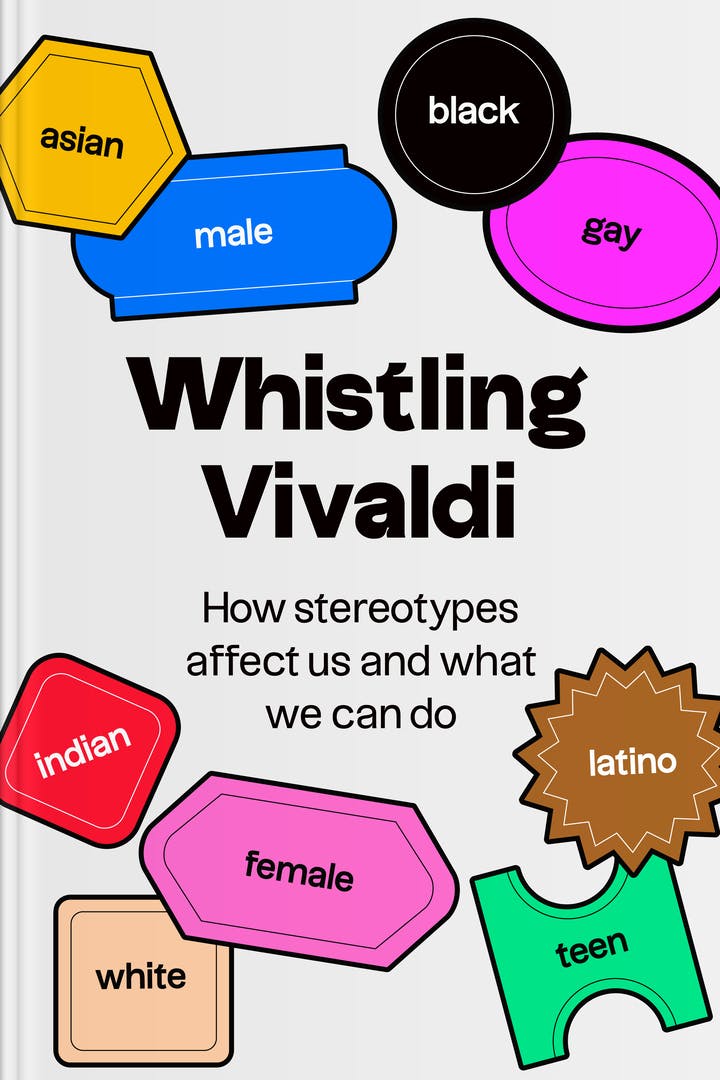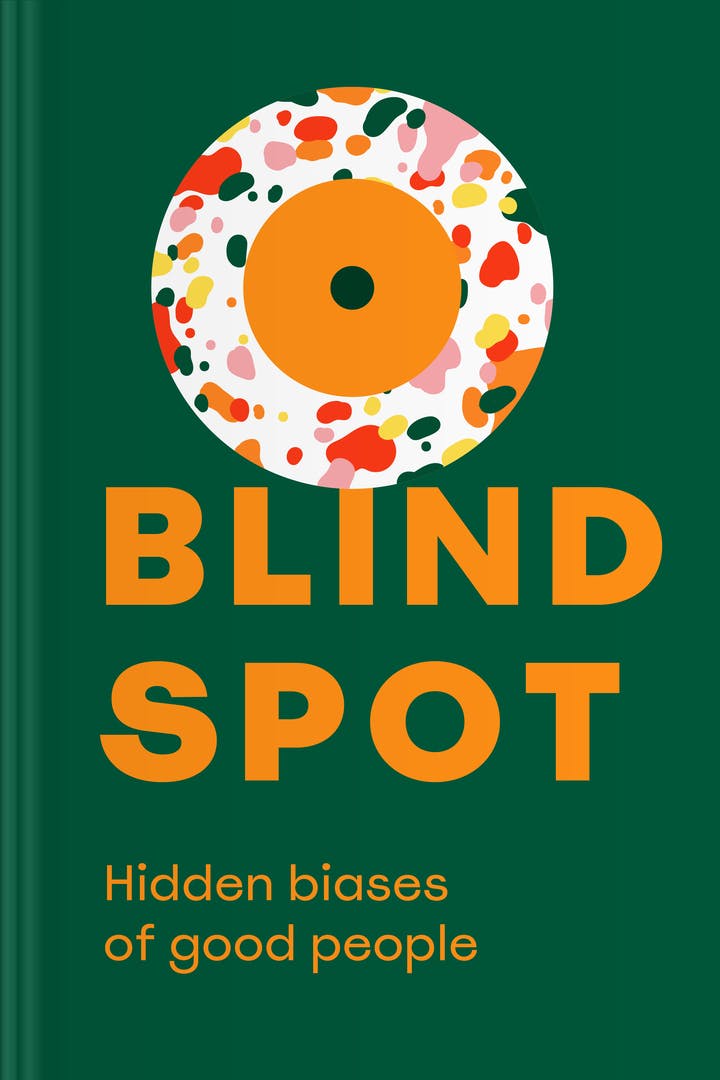What is Whistling Vivaldi about?
In this thought-provoking book, Claude M. Steele explores the impact of stereotypes on individuals and society. Drawing from extensive research, he delves into the psychological effects of stereotypes and how they can shape our behavior, performance, and identity. Steele offers valuable insights on how we can challenge and overcome these stereotypes, fostering a more inclusive and equitable world for all.


